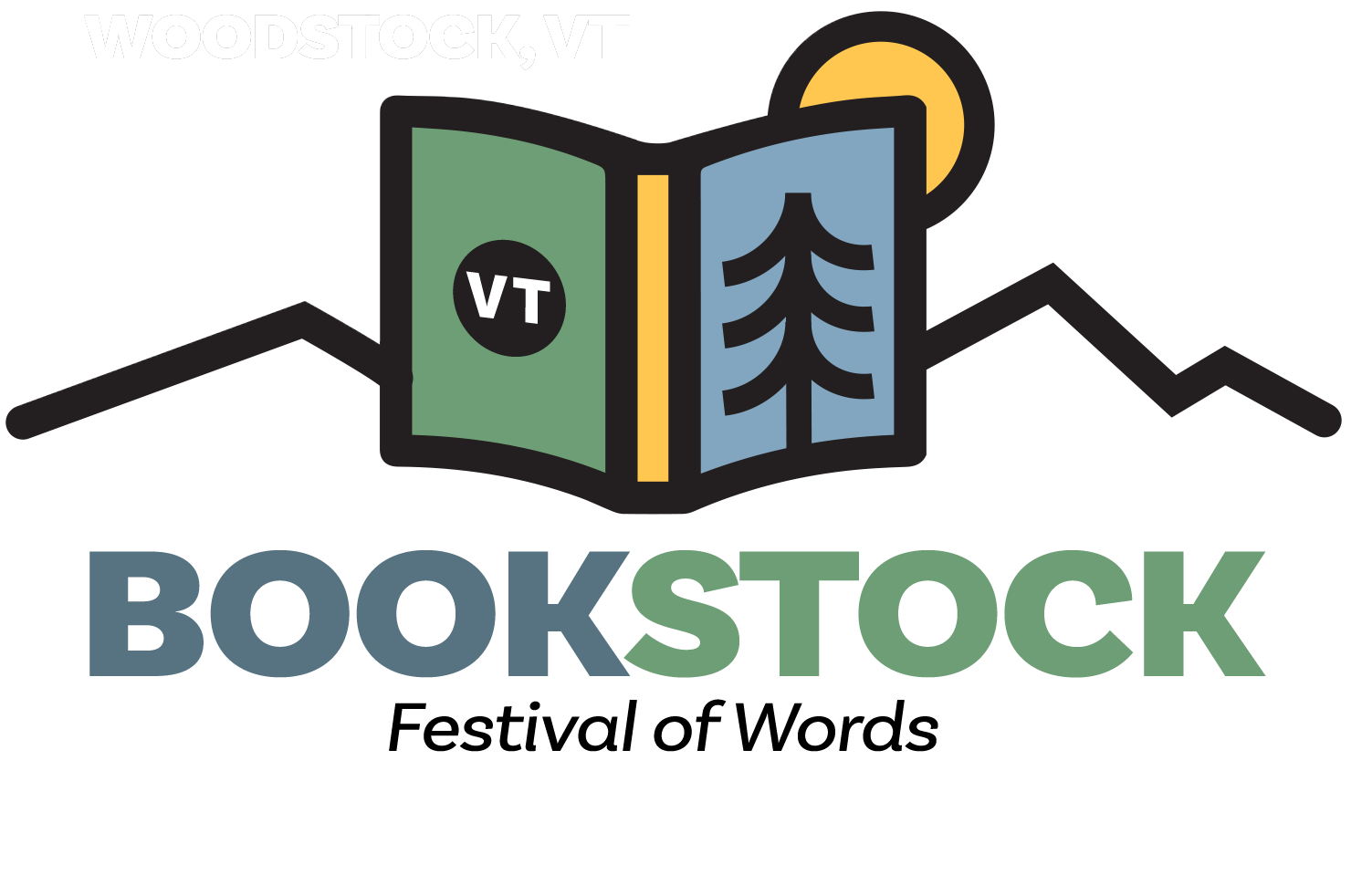Bookstock’s History
Be part of the story.Bookstock’s History
Vermont is home to many talented writers representing diverse genres, from national Poets Laureate and Pulitzer Prize winners to emerging writers. Bookstock encourages appreciation for good writing and storytelling by introducing members of our community and visitors to our village to writers, musicians and artists in intimate settings in and around the historic Village Green in Woodstock, VT.
A History Written by Volunteers
Founded in 2009, Bookstock has been a beacon of literary life and a source of fun and enrichment in New England. And from the first, it was the inspiration and labor of love of a handful of volunteers representing organizations throughout the Woodstock community.
To this day, from planning until showtime, Bookstock continues to be a mainly volunteer-managed event, with a huge used book sale (typically offering 10,000-14,000 volumes), workshops, performances, and exhibitions centered on Woodstock’s Village Green and hosted by Bookstock’s partner institutions around the village and town. More than 100 people volunteer at the festival, allowing it to be mostly free of charge, open to the public, with a program that appeals to all ages.
Since its inception, Bookstock has hosted more than 400 authors and 75 poets, including Pulitzer and Nobel Prize winners; sold more 70,000 used books under a huge circus tent on the Village Green; and been attended by tens of thousands.
Bookstock has been held every summer from 2009-2019, but was largely suspended during the COVID pandemic years of 2020-2021. Thanks to the vision of a small group of hard-working volunteers, it returned in 2022 for a two-year run. While the larger Bookstock festival was canceled In 2024, its poetry track was presented in June. The festival will return on May 16-18, 2025.
Long an informal organization, Bookstock was organized as a 501c3 nonprofit in 2021.
Acknowledgement of Native Land
We wish to acknowledge that Bookstock, in Woodstock, Vermont is on the unceded territory of the original inhabitants of N’Dakinna (en-dah-ken-nah), the Abenaki. These people of the Dawnland are the traditional land caretakers. Their relationship to the land calls us to learn to be better caretakers of the land ourselves. We pay our respects to their ancestors who were here for all time, their elders, and their relations, past, present and emerging. We honor with gratitude this land and all it gives us.
